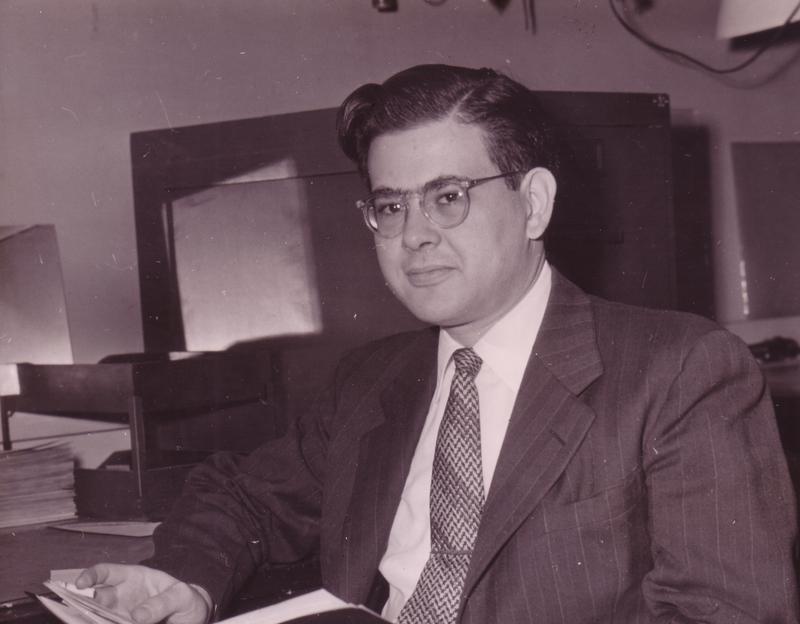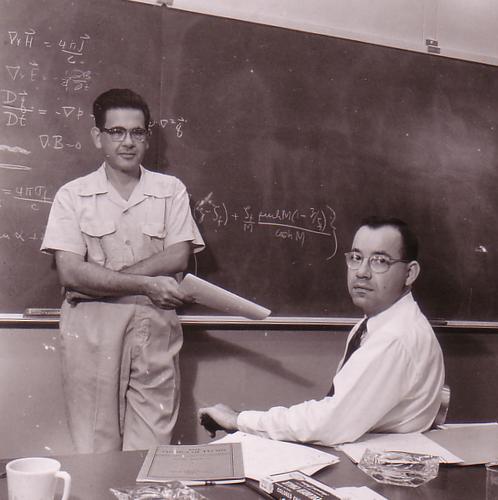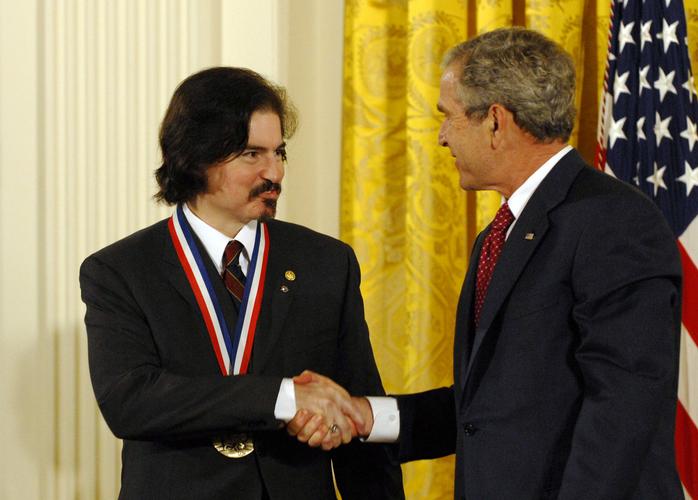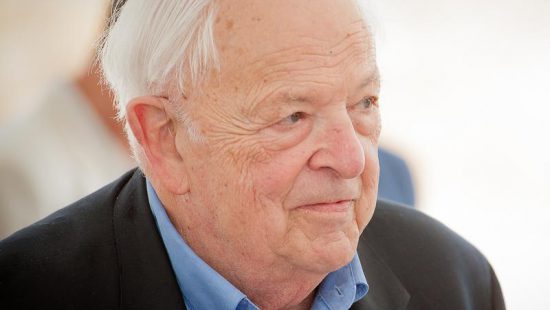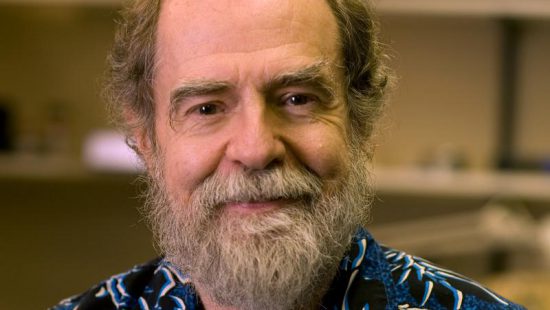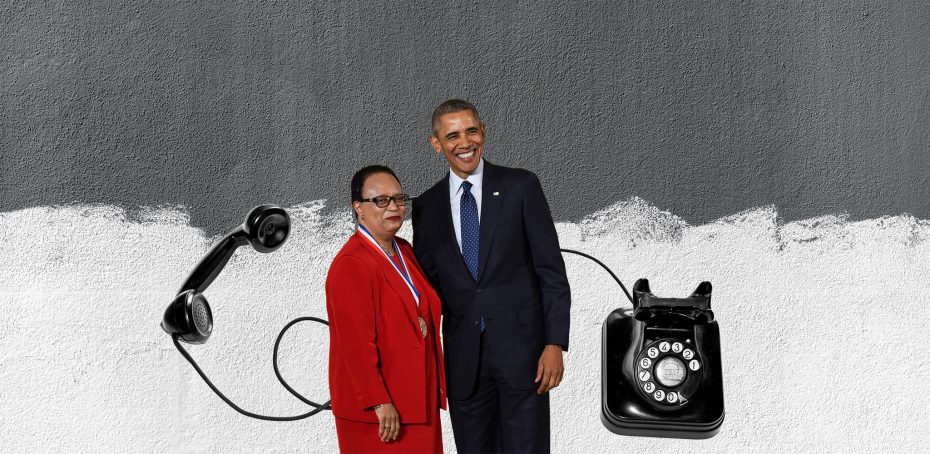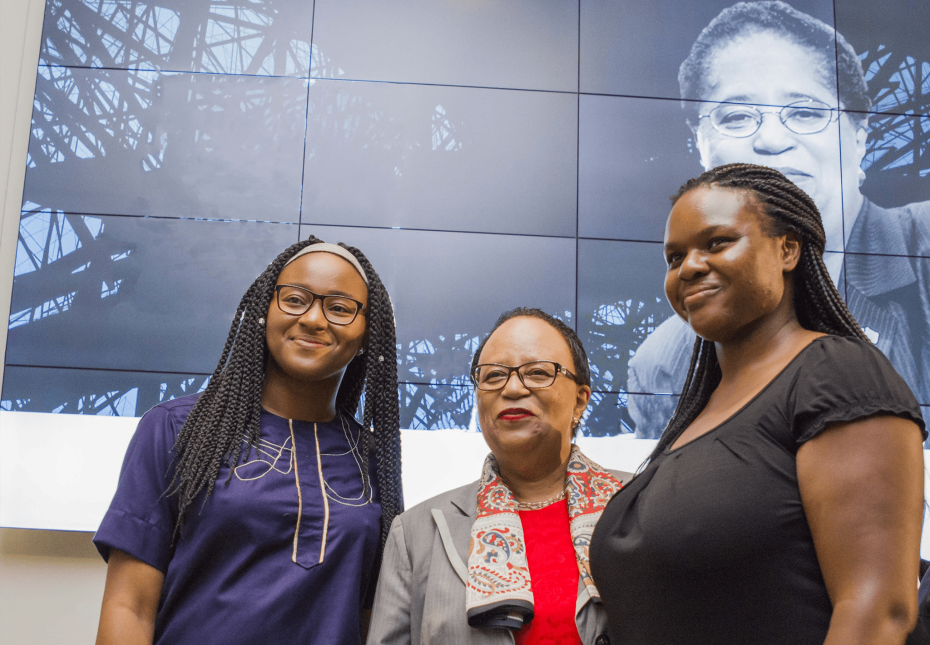When Ralph Alpher died in 2007, the Los Angeles Times called him the “forgotten father of the Big Bang.’’ Alpher, after all, had created a model for creation of the universe, but never truly received the recognition he deserved.
While studying primordial synthesis for his doctoral thesis at George Washington University in the late 1940s, he teamed with Robert Herman and calculated that radiation from the Big Bang had been super cooled and was still present, a notion few other astronomers and physicists took seriously at the time.
In 1964, radio astronomers discovered some of that leftover radiation, proving Alpher’s calculations. The astronomers eventually received Nobel Prizes. It was not until many years later that Alpher’s findings were credited, but even then the contributions were often overlooked.
Disillusioned by the snub of his pioneering work, Alpher joined the research lab of General Electrics in 1955. He remained there until 1986 when he became a physics professor at Union College in Schenectady, N.Y. He retired in 2004.
Alpher also worked on projects for the U.S. Navy during World War II, while attending night classes at George Washington University.
By Bob Warren

